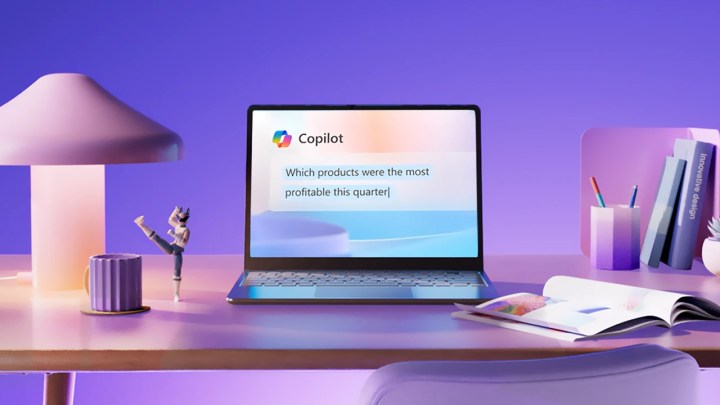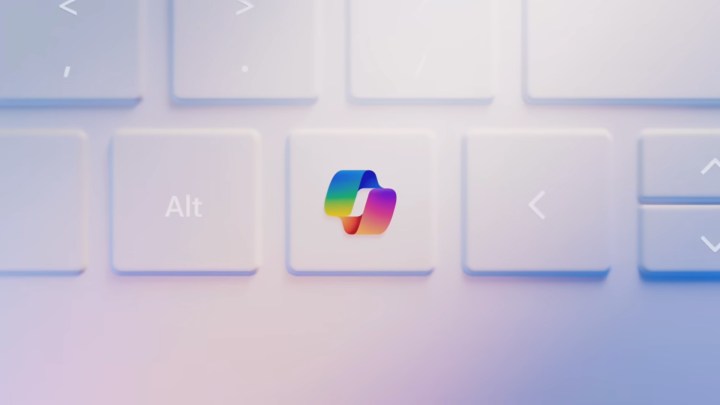
In its Annual Work Trend Index, Microsoft has, unsurprisingly, published some fresh data around AI in the workplace. The big stat is that according to its survey, 75% of “knowledge workers” are already using generative AI at work, with that number doubling in the last six months alone.
The survey defines “knowledge workers” as “those who typically work at a desk (whether in an office or at home),” which is a pretty broad demographic.
Companies have developed a range of policies around the use of AI. Some companies and organizations put bans on ChatGPT early on, while others, according to Microsoft, agree AI is a necessity, with 41% of leaders rebuilding their entire businesses from scratch to center them around AI. Reportedly, 79% of leaders need to start using AI to “stay competitive,” while 60% are worried that their organization “lacks a plan and vision to implement AI.”
Clearly, there’s a lot of anxiety in the air around the rapid rise of generative AI from the top.
Regardless of a company’s policies, though, you can’t get around that 75% statistic. In fact, Microsoft says 52% of these workers don’t want to admit that they’re using AI for “their most important tasks,” while 53% are worried that use of AI on these tasks will make them appear “replaceable.”

The survey goes on to say that 78% of these workers use their own AI tools to speed up tasks, regardless of whether or not their company is providing those tools or has a fleshed-out strategy for it.
Why, you might ask? Well, according to the survey, knowledge workers are overworked and burned out — and AI can help with that. “AI power users” say generative AI is helpful in a number of ways. For example, 92% find that AI makes workloads more manageable and boosts their creativity. And 91% even say AI makes them enjoy work more.
It goes without saying that all of this data points in favor of Microsoft, a company heavily invested in the use of AI. Copilot is being integrated throughout all its applications and services, including Windows itself. Even new laptops these days come with a built-in Copilot key for even more convenient AI access.


